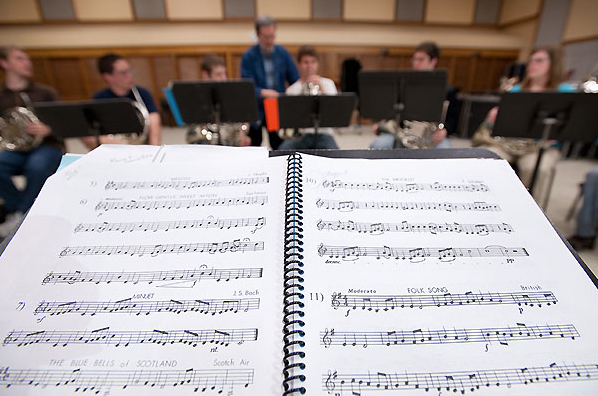Elementary schoolers at Heyer Elementary School in Waukesha, Wisconsin were told they were not allowed to sing “Rainbowland,” a song about inclusion sung by Miley Cyrus and Dolly Parton, at their spring concert. Not only is this decision not in the best interests of Heyer students, but it also brings up more important issues of inclusivity within elementary schools nationwide.
The superintendent of the Waukesha School District, Jim Sebert, informed teachers and students that they could not sing the song “Rainbowland” at the upcoming spring music concert because it could be perceived as controversial. Sebert also said the song was not appropriate for first graders.
But the song promotes inclusivity and acceptance, with Cyrus and Parton singing about living in a “rainbowland” where they are able to escape hate and set their judgment and fear aside to enjoy life together.
Sebert’s decision is receiving national attention and criticism, even from Cyrus herself who wrote on Instagram, “To the inspiring students at Heyer Elementary School, keep being you.”
The Waukesha School District’s decision to ban “Rainbowland” from their spring concert is certainly not in the best interest of the students and mirrors decisions to ban books from school districts across the country.
School districts should naturally be able to prevent students from singing certain songs that may be inappropriate for them, such as songs with swear words or graphic language. But when it comes to “Rainbowland,” the decision to ban the song from the concert crosses the boundaries of what control the school district should have over student performances.
Neither the language nor subject matter of “Rainbowland” is controversial. Elementary schools often preach peace, harmony and inclusivity among their students. These are themes that the song talks about, so it should be the perfect choice for elementary schoolers.
A school district should not ban a song or ban material from elementary schoolers simply because that material could be perceived as controversial. A school district like Waukesha should have a clear explanation and reasoning when preventing children from accessing certain material or singing certain songs. The Waukesha School District has not done this.
Parents of Heyer Elementary students believe the song may have been banned because of the connection rainbows have to the LGBTQ+ community and are concerned that the decision by the school district is politically motivated.
Though some other parents may not like the idea of teachers supporting LGBTQ+ families or students, it is wholly necessary that elementary students are taught to be kind and respectful to all students, staff and families regardless of their sexuality. Sexual orientation is not political, and it is not controversial.
Students could learn a lot about welcoming and loving their classmates through “Rainbowland,” so it is disappointing they are not able to perform the song.
The banning of a song is not as severe as the banning of books happening around the country in states like Florida and Texas, but it still sets a precedent for Wisconsin school districts.
The decision by Sebert and the school district of Waukesha tells other districts in Wisconsin that they can have more control over what materials students can access and their expression. It tells these other districts that themes of inclusivity and acceptance can be deemed controversial. It tells these other districts that mentioning the struggles of people of color and LGBTQ+ individuals are too mature for children to understand. It tells these other districts that they can remove whatever materials they want if it suits their political motive.
Decisions such as banning “Rainbowland” or books are not ever in the best interests of the students. Students are able to learn so much through music, movies, books and other media. Students should be welcomed with the most information and materials possible — materials that make them think and question things in their life. It is through these processes that children can grow and mature, not through being sheltered from media that “could be controversial.”
The Waukesha School District deserves the national backlash it is experiencing. School districts like Waukesha should be held accountable for banning material in their schools, especially banning material that is not in the slightest inappropriate for their students and which students genuinely enjoy.
“Rainbowland” could teach the students of Heyer Elementary School important lessons about embracing their classmates no matter their background, but instead students are missing out on singing one of their favorite songs from their spring concert.
National attention must be kept on school districts like Waukesha to ensure students have access to songs, movies, books and other media that they could genuinely learn and grow from, even if that media could be deemed as controversial.
Emily Otten (elotten@wisc.edu) is a junior studying journalism.


